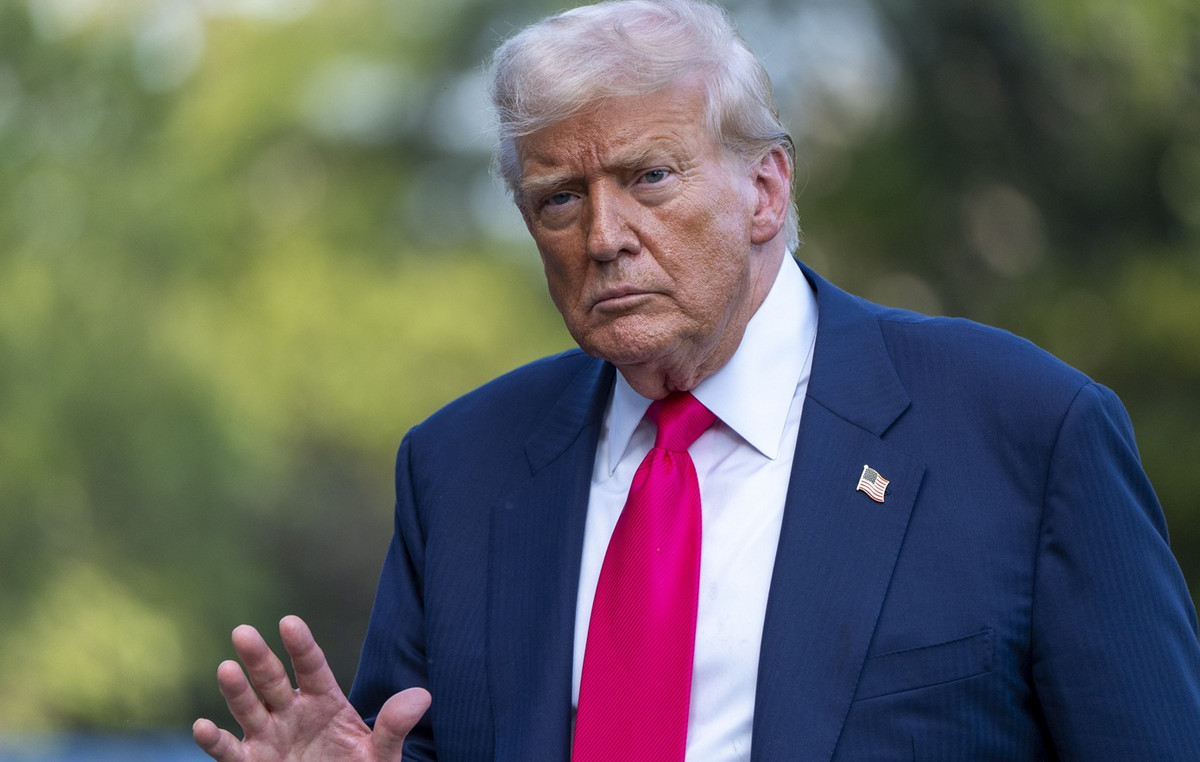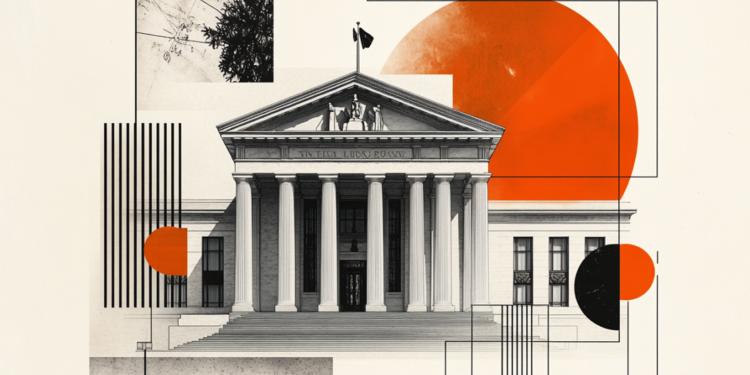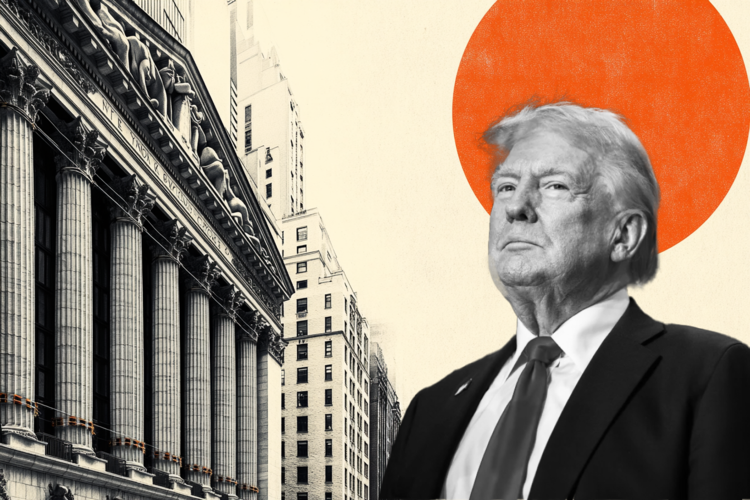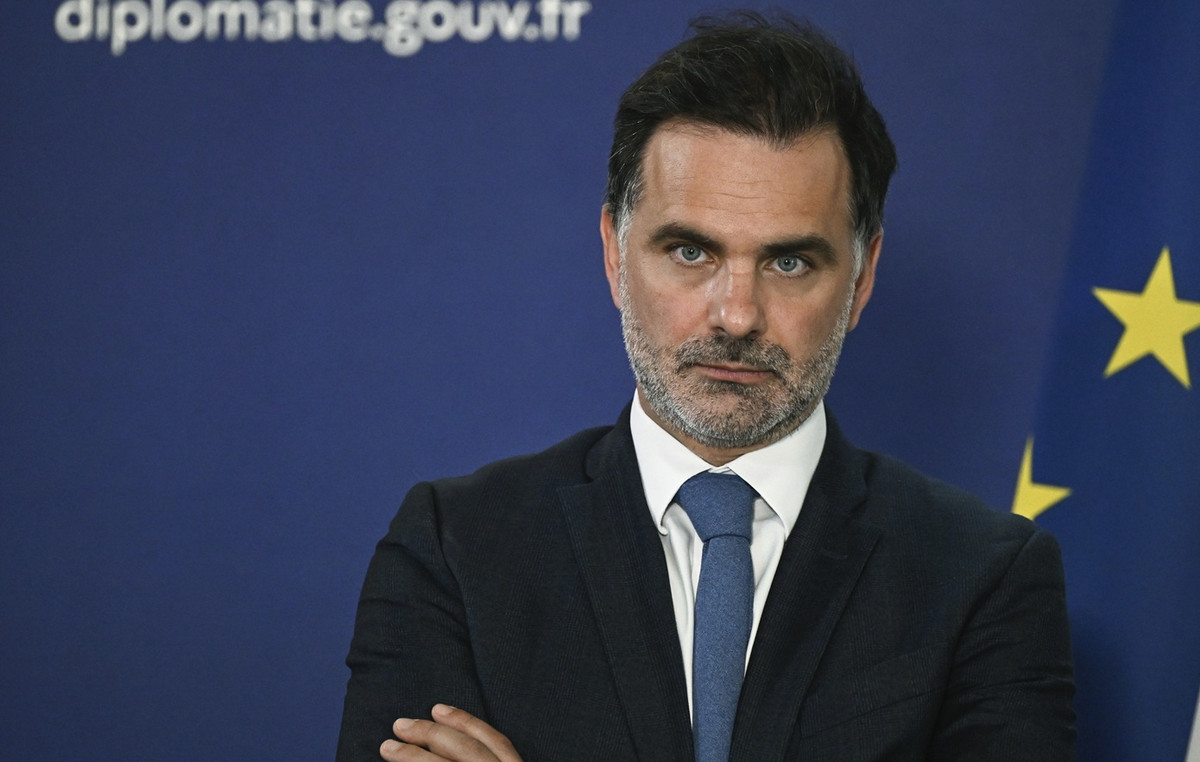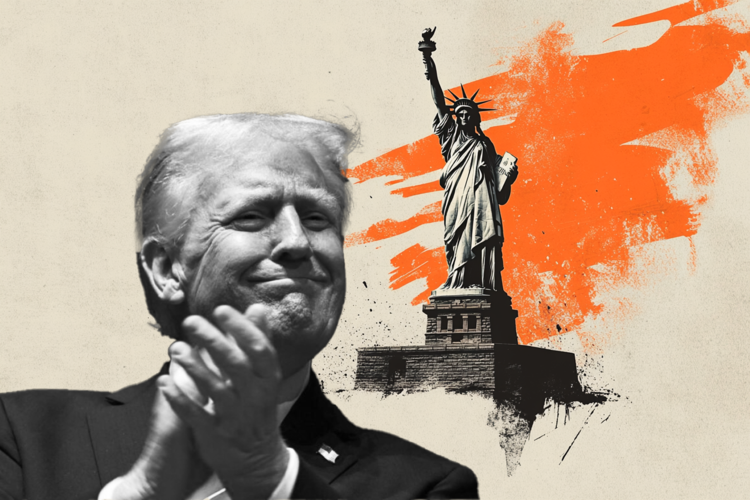Minister Gilmar Mendes, of the Federal Supreme Court (STF), gave the government of President Jair Bolsonaro (PL) five days to express its opinion on the states’ proposals to reach an agreement on the collection of the Tax on the Circulation of Goods and Services. ICMS) levied on fuels.
“The Secretariat shall urgently summon the Union, by means of an electronic subpoena of the procedural system of this Court, with the observation that the period will normally run during the judicial recess, as this rapporteur maintains the work activities in such interstice”.
Last Wednesday (29), the Attorney General’s Office (AGU) asked the Supreme Court for a period of 30 days to respond. According to Gilmar, what is under discussion concerns funds that serve to fund the areas of health, education, public security, combating poverty, among other essential services.
“It is true that, all over the world, there is discussion about the best way to reduce fuel prices. Creating funds, lowering taxes, granting subsidies and cash transfers are among the countries’ options to deal with the common problem. There is no ready or easy solution. It takes cohesion, creativity and, even more so, sensitivity,” he said.
On Tuesday (28), states and the Union participated in a conciliation hearing called by Gilmar Mendes to seek an agreement on the ICMS issue.
The minister also stated that if, on the one hand, the constituent designed a highly decentralized fiscal framework in terms of taxes; on the other hand, it left in the hands of the Union, free from any revenue sharing, another type of tax: contributions, especially social contributions.
“Progressively, the federal government was induced to make use of this type of tax, either because of the facilities of its institutional regime, free from the application of a good part of the tax principles, or because of the non-compulsory sharing of the generated revenues, contrary to what happens with taxes,” he said.
This trend, however, according to the minister, had perverse effects. “In the economic and fiscal sphere, the expansion of financing for the Brazilian public sector, through contributions, may have been responsible for perverse effects, such as the increase in complexity of the tax system, fiscal centralization and the increase in the tax burden. The Union cannot make use of its legislative power and empty the tax power of States outside the hypotheses provided for in the Constitution, taking measures that affect the effectiveness of the existence of cooperative federalism itself,” he said.
For Gilmar, the states cannot make use of these taxes and perceive themselves deprived of receiving any part of this increasingly larger pie of revenue from contributions collected by the Union. “Hence the seriousness of issues like the ones we are dealing with in the present action, constitutional controversies that significantly affect the revenues and collection of states, the tax with the highest collection”.
Gilmar also said that, given the urgency itself, the law seems to contain gaps or incompleteness, which demand legislative improvements. “It is to be congratulated that the National Congress, in the face of this worsening of fuel prices, with repercussions on inflation, in the same line as what has happened in several countries, has sought solutions that can mitigate the deleterious effects of this crisis of international proportion that are taking place. focus especially on the neediest Brazilians”.
When contacted, the Planalto Palace did not respond.
Source: CNN Brasil
I am Sophia william, author of World Stock Market. I have a degree in journalism from the University of Missouri and I have worked as a reporter for several news websites. I have a passion for writing and informing people about the latest news and events happening in the world. I strive to be accurate and unbiased in my reporting, and I hope to provide readers with valuable information that they can use to make informed decisions.

